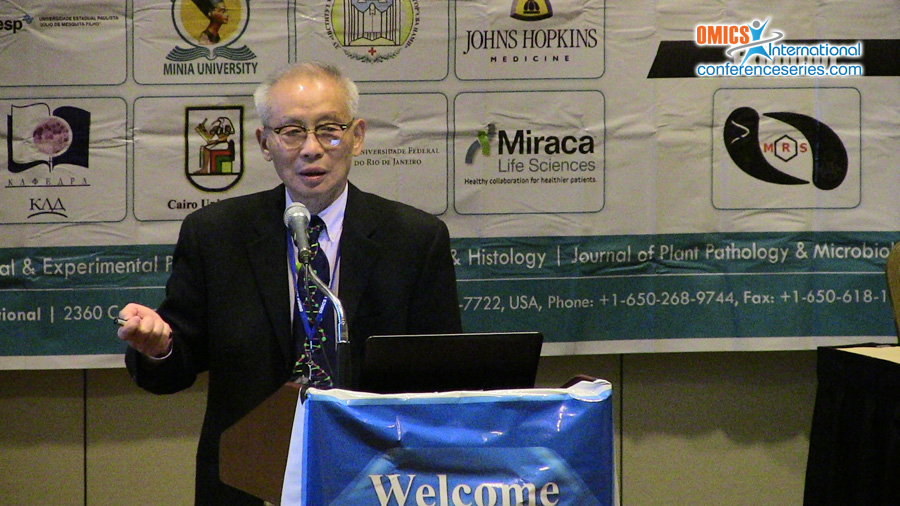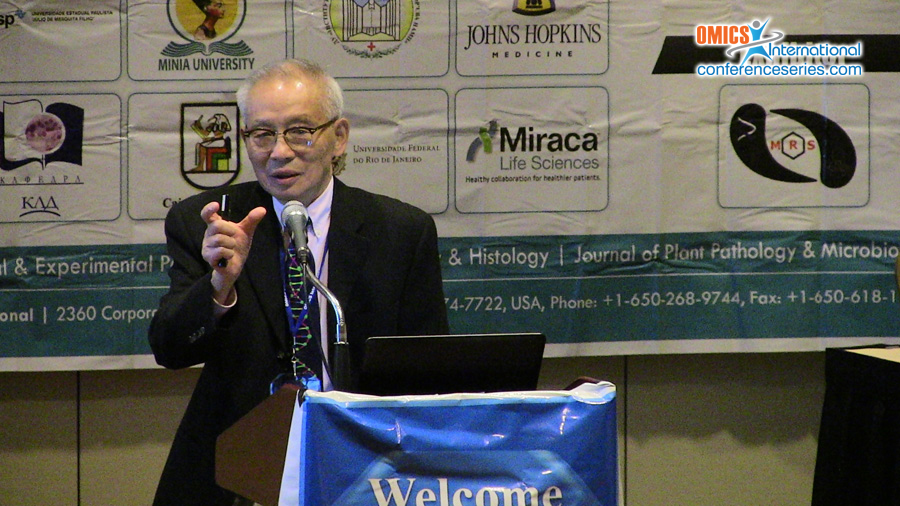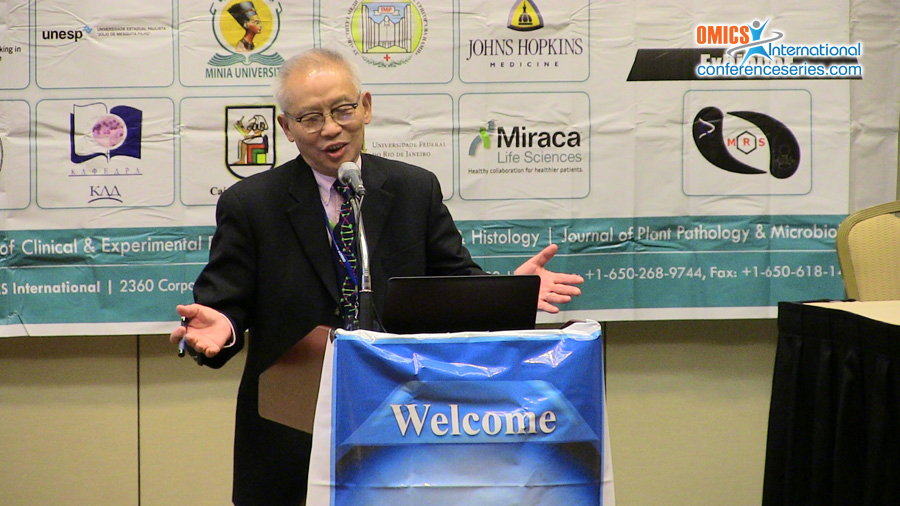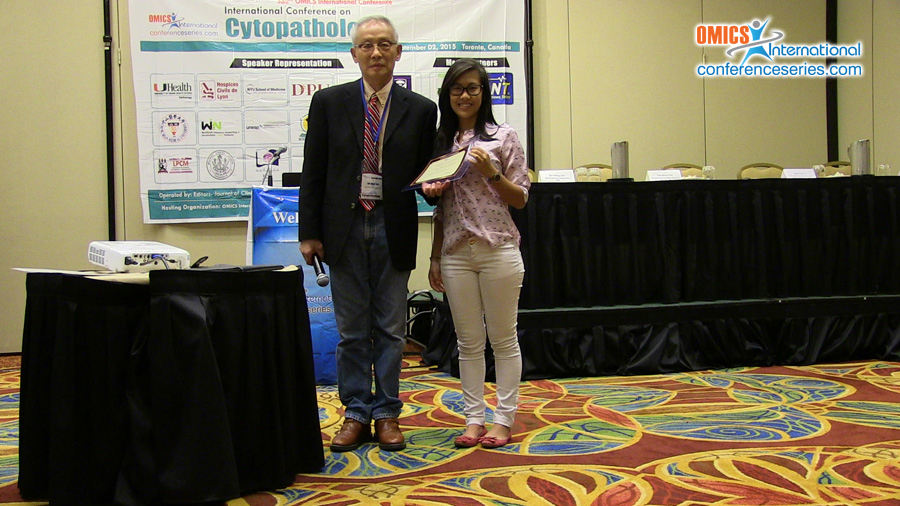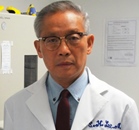
Sin Hang Lee
Milford Molecular Diagnostics, USA
Title: Workshop on Combine Pap smear and HPV genotyping by DNA sequencing in cytopathology practice for optimum patient care
Biography
Biography: Sin Hang Lee
Abstract
Persistent infection by a high-risk human papillomavirus (HPV) is a necessary factor in the pathologic process which may lead to cervical cancer development. Absence of HPV in the cervico-vaginal cell suspension indicates no risk for cervical cancer and is invariably associated with a normal Pap smear. Since HPV infection precedes any morphologically recognizable “squamous intraepithelial lesionsâ€, commercial HPV assays have been introduced to replace Pap smears as the more sensitive screening test for cancer prevention. However, triage of HPV-16/-18 positive patients to colposcopy without concomitant cytologic evaluation is known to cause excessive unnecessary cervical biopsies because the HPV genotyping may be inaccurate or the HPV infection is transient. On the other hand, some of the commercial test kits may not be sensitive enough for detecting HPV with low copy numbers such as in the small cancer cells with little cytoplasm. This workshop summarizes the author’s experience in developing and using nested PCR detection of HPV followed by Sanger sequencing for accurate genotyping to maximize the sensitivity and specificity of HPV assays and implementation of this technology in a small community hospital. Extended applications of this technology in molecular diagnosis of Neisseria gonorrhoeae, Chlamydia trachomatis, Lyme disease borreliae, Ebola virus and BRCA1 185delAG mutation have been successful. The overall aim of this workshop is to show how easy it is for cytopathology professionals to play a pivotal role in a DNA sequencing-based diagnostic laboratory to help improve patient care through molecular personalized medicine.

